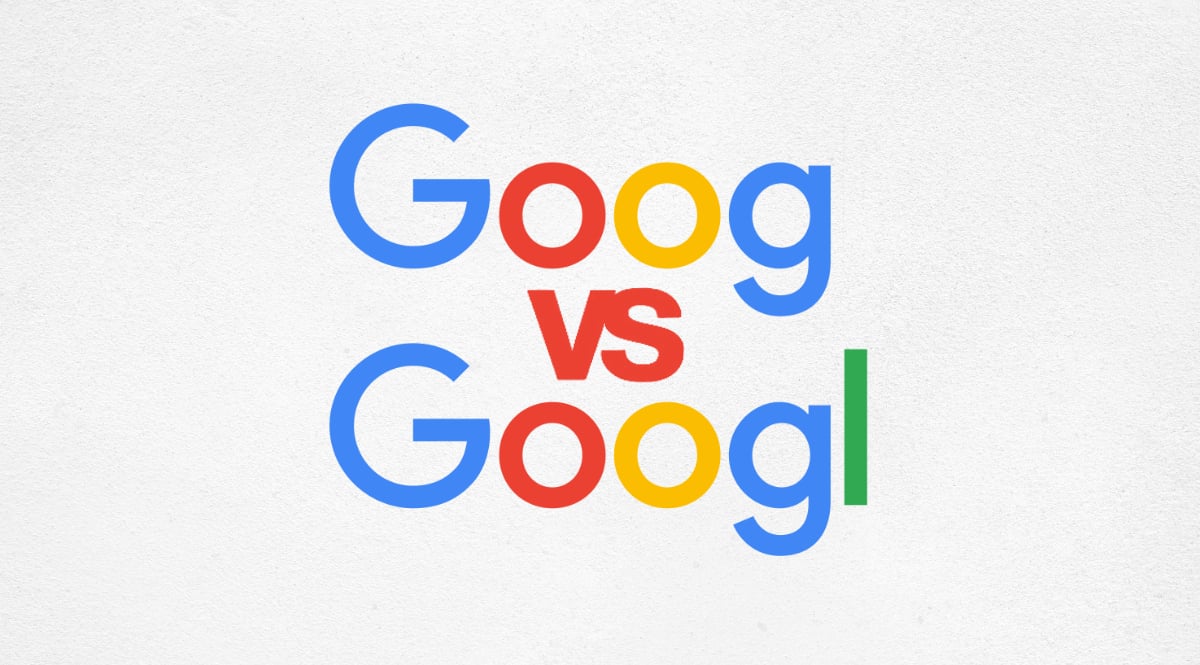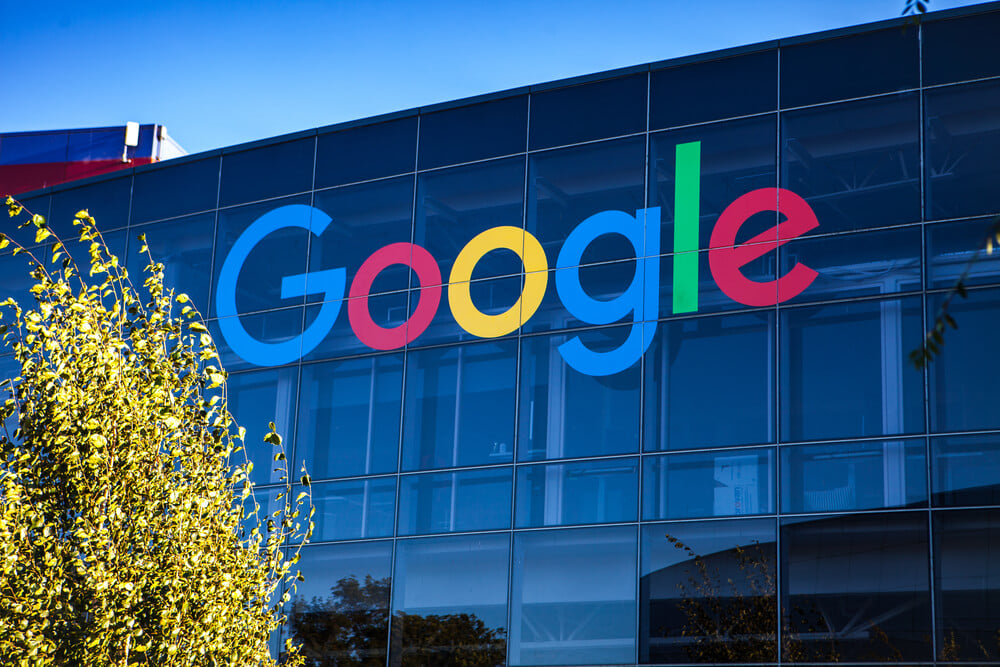
GOOG vs. GOOGL: Which Is a Better Investment?
When it comes to investing in Google, you’ll encounter two different types of stock: So, GOOG vs. GOOGL. Both represent shares in Google’s parent company, Alphabet Inc., but they have some key differences. Understanding these differences is crucial for investors to make informed decisions.
So, which one is better?
Let’s start from the beginning.
Alphabet Inc. is the parent company of Google and several former Google subsidiaries. It was created through a corporate restructuring of Google in 2015, which became its largest subsidiary. Google is responsible for the company’s internet interests, whereas Alphabet acts as a conglomerate overseeing various subsidiaries.
Understanding GOOG and GOOGL stocks
We need to mention one important fact when it comes to GOOG vs. GOOGL. They represent two different classes of Alphabet Inc.’s stock:
GOOGL (Class A shares): These shares confer voting rights to their holders. Each Class A share gives the shareholder one vote at Alphabet’s corporate meetings. These are typically preferred by investors who want to have a say in corporate decisions.
GOOG (Class C shares): These shares don’t provide any voting rights. They were created to allow Alphabet’s management to issue stock without diluting their voting power in the company. Class C shares are usually cheaper than Class A shares because they don’t include voting rights.
Price differences and market behaviour
In theory, the only significant difference between GOOGL and GOOG is the voting rights. However, in practice, there are slight price differences. GOOGL shares typically trade at a slight premium to GOOG shares due to the additional voting rights.
Despite this, both stocks tend to mirror each other closely in terms of market behaviour and performance.
The company prefers to reinvest its earnings back into the business. Both GOOGL and GOOG shares have shown strong performance, reflecting Alphabet’s growth and dominance in the technology sector.
Investor considerations

When choosing between GOOGL and GOOG, investors should consider their investment goals:
For active investors seeking influence: If you’re interested in having a say in Alphabet’s corporate decisions, GOOGL is the better choice due to its voting rights.
For passive investors focused on value: If voting rights are not a concern, GOOG might be a more attractive option due to its generally lower price and similar growth potential.
Tax implications
The tax implications for GOOGL and GOOG are generally the same. Both are subject to capital gains tax when sold at a profit. It’s always advisable to consult with a tax advisor for specific advice tailored to your situation.
Market trends and future outlook
The technology sector is dynamic and constantly evolving. Alphabet’s future performance will be influenced by various factors, including market trends, regulatory changes, and technological advancements. Both GOOG and GOOGL are expected to reflect these changes similarly, given their direct link to Alphabet’s overall performance.
Diversification strategy
Diversifying your investment portfolio is a key strategy for managing risk. While investing in either GOOGL or GOOG gives you exposure to Alphabet’s success, it’s essential to balance your investment with other stocks and asset classes.
Investors should regularly review Alphabet’s financial statements and performance metrics. Both GOOGL and GOOG are impacted by the company’s overall financial health, so it’s important to stay informed about its earnings reports, revenue growth, and other financial indicators.
Google and its importance
Google’s significance in the modern world extends far beyond its status as a technology giant. It has transformed from a simple search engine into a pivotal component of the global information infrastructure, influencing numerous aspects of our daily lives, business operations, and even the broader cultural and social landscape. Let’s explore the factors contributing to Google’s importance.

Google’s search engine has fundamentally changed how we access information. By organizing the world’s information and making it universally accessible and useful, Google has democratized knowledge.
It processes billions of search queries daily, allowing users to find information on virtually any topic within seconds. This ease of access to information has had a profound impact on education, research, and general knowledge dissemination.
Impact on businesses and marketing
Google has transformed the business landscape through its advertising and marketing tools. Google Ads has become essential for businesses seeking online visibility. By allowing targeted advertising based on user search queries, interests, and behavior, Google has provided businesses of all sizes with unprecedented marketing efficiency.
This has not only boosted e-commerce but also influenced traditional business models to integrate digital strategies.
Technological innovation
Google has been at the forefront of technological innovation in various fields. From pioneering developments in artificial intelligence and machine learning to advancing autonomous vehicle technology through Waymo, Google’s contributions have pushed the boundaries of what’s possible. Google Maps, for example, has revolutionized navigation and location services, while its Android operating system dominates the global smartphone market.
Influence on culture and society
Google’s impact extends into cultural and societal realms. Phrases like “Google it” have entered everyday language, reflecting the company’s influence on how we interact with information. Google’s services, including YouTube, have become platforms for cultural expression, learning, and entertainment, influencing popular culture and even political discourse.
Contributions to open source and collaboration
Google has actively contributed to the open-source community, fostering collaboration and innovation. Projects like TensorFlow, an open-source machine learning library, and its contributions to the development of the Linux kernel highlight Google’s role in advancing collective technological progress.
Data Handling and Ethical Considerations

Google’s vast data collection and processing capabilities, while beneficial for personalization and service improvement, also raise important ethical and privacy concerns. The company’s handling of user data and its influence on information access and dissemination are central to ongoing debates about privacy, censorship, and the ethical use of AI.
Shaping the future of work and communication
Google’s suite of productivity and communication tools, including Gmail, Google Docs, and Google Meet, has transformed workplace collaboration, making remote work and global teamwork more feasible and efficient. These tools have become integral to how many businesses and individuals operate daily.
Economic impact
Google’s economic impact is significant, not only in terms of its market value but also through its role in job creation, both directly and indirectly. Its presence in various industries stimulates innovation and competition, contributing to economic growth and technological advancement.
Final thoughts (GOOG vs. GOOGL)
Investing in either GOOGL or GOOG represents a commitment to Alphabet’s future. As with any investment, it’s crucial to conduct thorough research, consider your financial goals, and consult with financial advisors if needed.
The technology sector’s rapid evolution makes it an exciting, albeit sometimes volatile, investment landscape. Both GOOGL and GOOG shares offer a unique opportunity to be part of Alphabet’s journey in shaping the future of technology.
The post GOOG vs. GOOGL: Which Is a Better Investment? appeared first on FinanceBrokerage.
